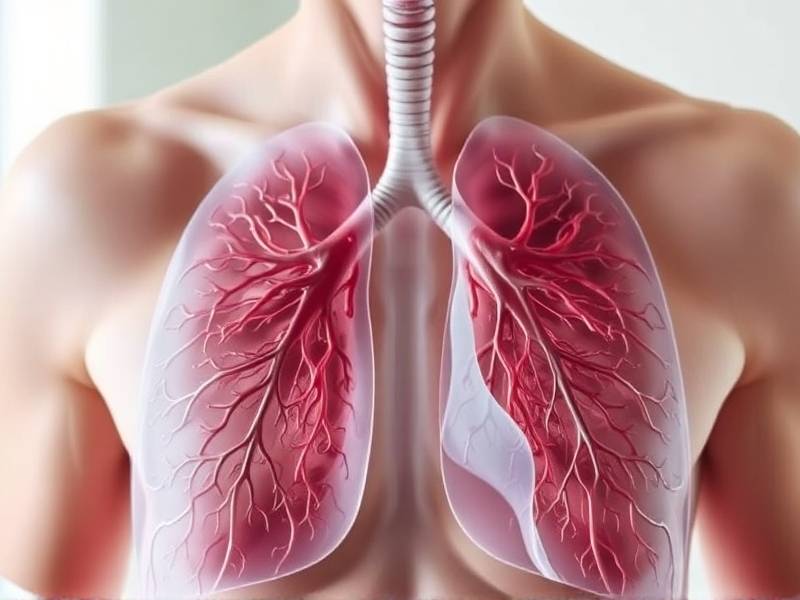How Many Years Does It Take to Clean Your Lungs After Quitting Smoking?
Unveiling the Journey: How Long Does it Take to Clean Your Lungs After Quitting Smoking?
Introduction: Quitting smoking is a significant step towards improving one's health. Many smokers are curious about the timeline of lung healing post-cessation. This article delves into the process of lung cleaning after quitting smoking, providing insights based on scientific research and expert opinions.
Section 1: Understanding Lung Damage from Smoking Smoking causes considerable damage to the lungs, leading to various respiratory issues. The primary culprits are harmful chemicals present in tobacco smoke, such as carbon monoxide and tar. These substances can cause inflammation, impair lung function, and even lead to chronic diseases like COPD (Chronic Obstructive Pulmonary Disease).

Section 2: The Healing Process The healing process of the lungs post-cessation varies from individual to individual. However, several stages can be identified:

Subsection 1: Immediate Benefits Within a few hours after quitting smoking, your body starts responding positively. Carbon monoxide levels decrease, and your heart rate and blood pressure begin to normalize.
Subsection 2: Short-Term Improvements In the first few weeks after quitting, you may notice a decrease in coughing and shortness of breath. The cilia (hair-like structures) in your lungs start regaining their normal function, allowing them to clear mucus more effectively.
Subsection 3: Long-Term Healing The healing process continues for several years after quitting smoking:
- Within 1-9 months: The risk of infections decreases as your immune system strengthens.
- Within 1-2 years: Your lung function improves significantly.
- Within 5 years: The risk of stroke decreases by half.
- Within 10 years: The risk of cancer of the mouth, throat, esophagus, and bladder decreases significantly.
- Within 15 years or more: The risk of coronary heart disease is similar to that of a nonsmoker.
Section 3: Factors Influencing Lung Healing Several factors can influence how quickly your lungs heal after quitting smoking:
- Age: Younger individuals tend to heal faster than older individuals.
- Duration of smoking: Longer smoking durations can result in more severe damage and longer healing times.
- Genetic factors: Some people may have genes that make them more susceptible to lung damage or heal faster.
- Overall health status before quitting: Smokers with existing health conditions may take longer to recover.
Conclusion: Quitting smoking is a life-changing decision that can lead to significant improvements in lung health. While the healing process varies for each individual, it's essential to remember that every year without smoking brings you closer to healthier lungs. Stay committed and be patient; your lungs will thank you for it!
